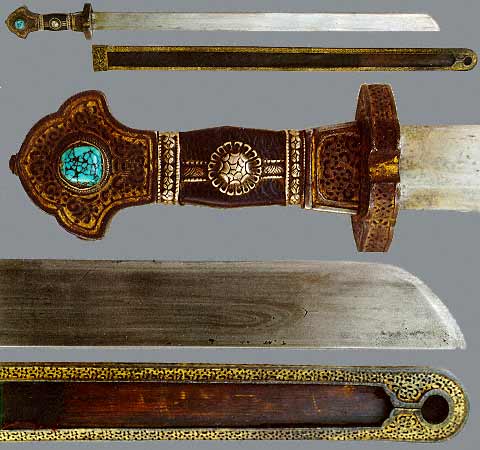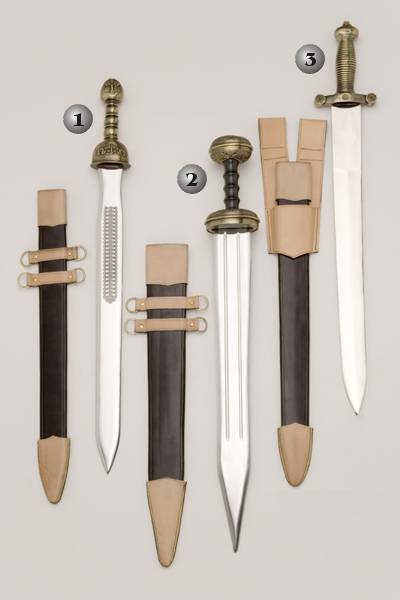
(Good catch, looks like there are a few literate folks among these "knuckle-dragging conservatives", huh! /sarc)
Posted on 03/09/2011 10:35:20 PM PST by OddLane
LONDON, (CAIS) -- Almost 2,000 years ago, 19 Roman soldiers rushed into a cramped underground tunnel, sent to defend the Roman-occupied Syrian city of Dura-Europos from an army of Persians digging to undermine the city's mudbrick walls. But instead of Persian soldiers, the Romans met with a wall of noxious black smoke that turned to acid in their lungs. Their crystal-pummelled swords were no match for this weapon; the Romans choked and died in moments, many with their last pay of coins still slung in purses on their belts.
Nearby, a Persian soldier — perhaps the one who started the toxic underground fire — suffered his own death throes, grasping desperately at his chain mail shirt as he choked. [Image of skeleton of Persian soldier]
These 20 men, who died in 256 CE, may be the first victims of chemical warfare to leave any archaeological evidence of their passing, according to a new investigation. The case is a cold one, with little physical evidence left behind beyond drawings and archaeological excavation notes from the 1930s. But a new analysis of those materials published in January in the American Journal of Archaeology finds that the soldiers likely did not die by the sword as the original excavator believed. Instead, they were gassed.
(Excerpt) Read more at cais-soas.com ...
Interesting. I always thought they used Unicorns.
Sulfurous odor ping.
ping
We found Saddam’s chemical weapons?
What an amazing history the Persians have, and look at them now. Or the Egyptians
Sorry to nit pick but shouldn't that be pommeled or are we to think someone pummeled the swords with crystals.
A principal source on the origin of the Black Death is a memoir by the Italian Gabriele de’ Mussi. This memoir has been published several times in its original Latin (2,3) and has recently been translated into English (4) (although brief passages have been previously published in translation, see reference [5]).
This narrative contains some startling assertions: that the Mongol army hurled plague-infected cadavers into the besieged Crimean city of Caffa, thereby transmitting the disease to the inhabitants; and that fleeing survivors of the siege spread plague from Caffa to the Mediterranean Basin.
If this account is correct, Caffa should be recognized as the site of the most spectacular incident of biological warfare ever, with the Black Death as its disastrous consequence.
After analyzing these claims, I have concluded that it is plausible that the biological attack took place as described and was responsible for infecting the inhabitants of Caffa; however, the event was unimportant in the spread of the plague pandemic.
From CDC.gov
I'm not so sure why the author feels the event was 'unimportant'.
It sounds kind of early for chain mail.

(Good catch, looks like there are a few literate folks among these "knuckle-dragging conservatives", huh! /sarc)
Thank you. It bothered me too.
That must be a Persian sword, it sure isn’t a Roman short sword.
Wrong blade shape for Roman Short Sword.
Here's the correct shape

|
· join list or digest · view topics · view or post blog · bookmark · post a topic · subscribe · |
|||
Antiquity Journal & archive Archaeologica Archaeology Archaeology Channel BAR Bronze Age Forum Discover Dogpile Eurekalert LiveScience Mirabilis.ca Nat Geographic PhysOrg Science Daily Science News Texas AM Yahoo Excerpt, or Link only? |
|
||
|
· Science topic · science keyword · Books/Literature topic · pages keyword · |
|||
save for later reading
Gladius, uh, glad he asked...
I'm not sure, but it's possible that 'pummel' is an expression derived from 'pommel', and that to be "pummeled" is to be stricken with the pommel.
Sword ping!!!
Disclaimer: Opinions posted on Free Republic are those of the individual posters and do not necessarily represent the opinion of Free Republic or its management. All materials posted herein are protected by copyright law and the exemption for fair use of copyrighted works.